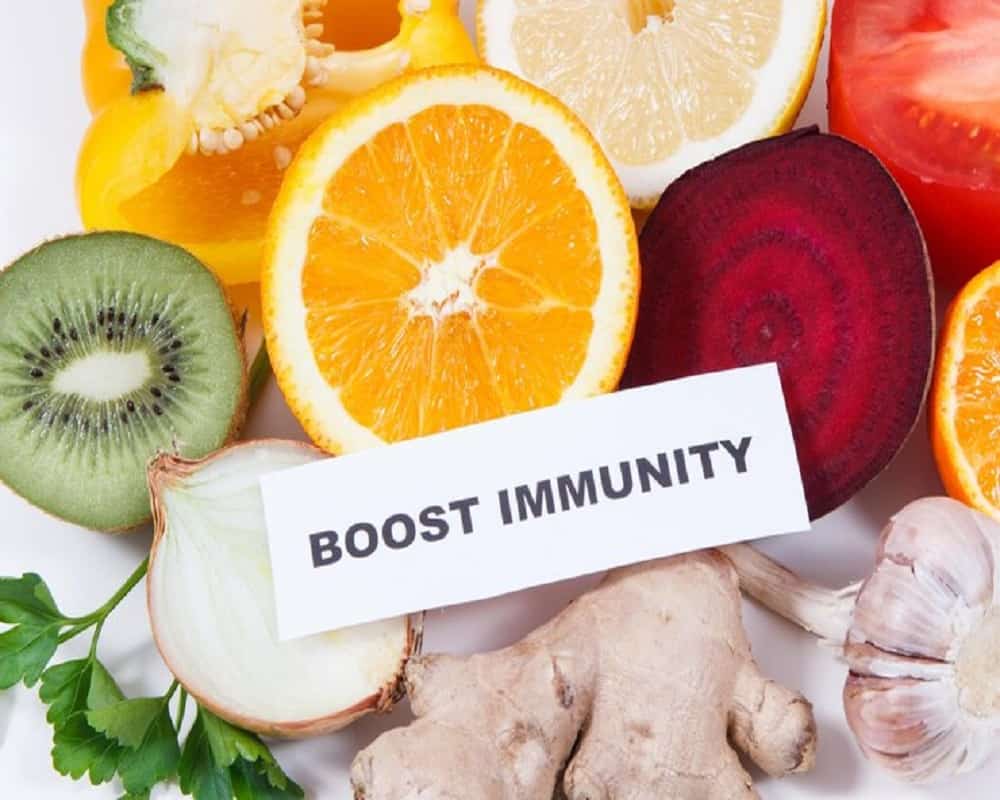In the quest for optimal health, boosting your immune system is crucial. A robust immune system not only helps ward off illnesses but also enhances overall well-being. One of the most effective ways to strengthen your immune system is by incorporating immune system booster vitamins into your daily routine. These vitamins play a vital role in supporting immune function and ensuring your body can defend itself against pathogens. In this article, we’ll explore the top immune system booster vitamins and how they contribute to a healthier you.
Understanding Immune System Booster Vitamins
Immune system booster vitamins are essential nutrients that support the body’s ability to fight off infections and diseases. These vitamins play various roles in enhancing immune response, from producing immune cells to protecting cells from damage. While a balanced diet is the best source of these vitamins, supplements can also help ensure you’re getting the necessary amounts to maintain optimal health.
Top Immune System Booster Vitamins
- Vitamin C
Vitamin C is one of the most well-known immune system booster vitamins. It is a powerful antioxidant that helps protect cells from oxidative stress and supports the production of white blood cells, which are crucial for combating infections. Additionally, vitamin C enhances the function of immune cells and improves the skin’s barrier function, preventing pathogens from entering the body.
Sources of vitamin C include citrus fruits (oranges, grapefruits), strawberries, bell peppers, and broccoli. Supplementing with vitamin C can be particularly beneficial during cold and flu season to support immune health.
- Vitamin D
Vitamin D plays a crucial role in immune function by enhancing the pathogen-fighting effects of monocytes and macrophages—white blood cells that are critical to the immune system. Adequate levels of vitamin D help reduce the risk of infections and autoimmune diseases.
Vitamin D can be obtained through sunlight exposure, fatty fish (salmon, mackerel), fortified dairy products, and supplements. Many people, especially those in areas with limited sunlight, may benefit from vitamin D supplements to maintain optimal levels.
- Vitamin E
Vitamin E is another powerful antioxidant that helps protect cells from damage caused by free radicals. It also supports the immune system by enhancing the function of T-cells, which are essential for recognizing and responding to pathogens.
Foods rich in vitamin E include nuts (almonds, hazelnuts), seeds (sunflower seeds), and green leafy vegetables (spinach, kale). Incorporating these foods into your diet or taking a vitamin E supplement can help bolster your immune system.
- Vitamin A
Vitamin A is vital for maintaining the integrity of mucosal surfaces, including those in the respiratory and gastrointestinal tracts, which act as barriers to pathogens. It also plays a role in the development and differentiation of immune cells.
Sources of vitamin A include liver, carrots, sweet potatoes, and dark leafy greens. Vitamin A supplements are available but should be used cautiously as excessive intake can be harmful.
- B Vitamins
B vitamins, particularly B6, B9 (folate), and B12, are essential for maintaining a healthy immune system. Vitamin B6 supports biochemical reactions in the immune system and helps produce antibodies. Folate and B12 are crucial for the formation of new cells and red blood cells, which support overall immune function.
You can find B vitamins in foods such as poultry, fish, eggs, legumes, and whole grains. Supplementing with B vitamins can help fill any gaps in your diet and support immune health.
How to Incorporate Immune System Booster Vitamins into Your Routine
To make the most of immune system booster vitamins, consider the following tips:
- Balanced Diet: Aim to get most of your vitamins from a varied and balanced diet. Incorporate a wide range of fruits, vegetables, nuts, seeds, and lean proteins to ensure you’re receiving essential nutrients.
- Quality Supplements: If you’re considering supplements, choose high-quality products from reputable brands. Look for supplements that are third-party tested to ensure purity and potency.
- Consult a Healthcare Provider: Before starting any new supplement regimen, consult with a healthcare provider, especially if you have underlying health conditions or are taking other medications.
- Consistency is Key: Consistently incorporating these vitamins into your diet or supplement routine can help maintain optimal immune function and overall health.
The Benefits Beyond Immunity
In addition to boosting your immune system, these vitamins offer other health benefits. For instance, vitamin C supports skin health and collagen production, while vitamin D helps maintain bone health. Vitamin E contributes to healthy skin and eyes, and B vitamins support energy levels and cognitive function.
Conclusion
Immune system booster vitamins play a crucial role in maintaining a strong and healthy immune system. By incorporating vitamins C, D, E, A, and the B vitamins into your diet, you can enhance your body’s ability to fight off infections and support overall health. Remember that a balanced diet, high-quality supplements, and regular consultations with a healthcare provider are key to achieving the best results. By prioritizing these essential nutrients, you can pave the way for a healthier, more resilient immune system.
